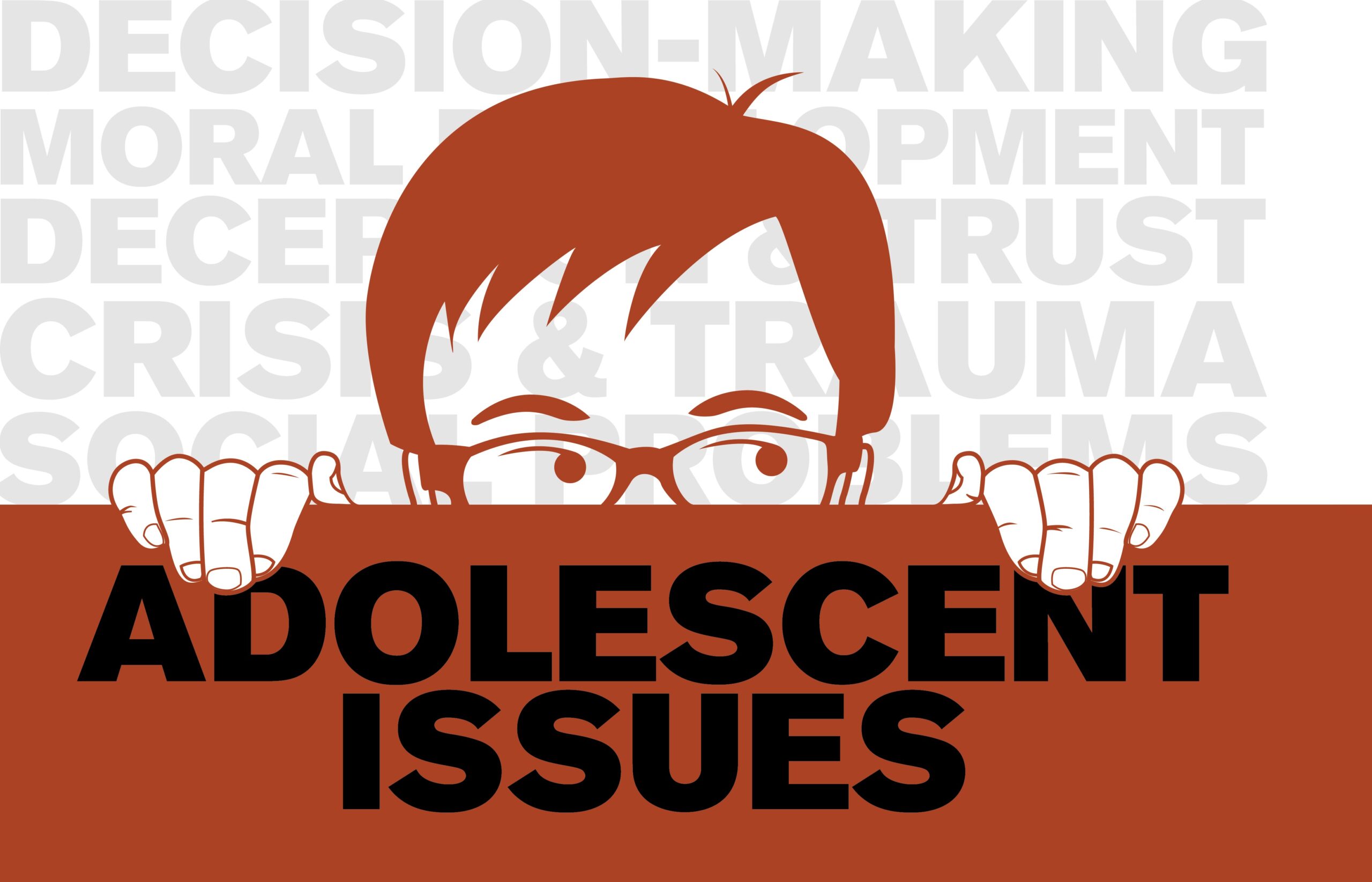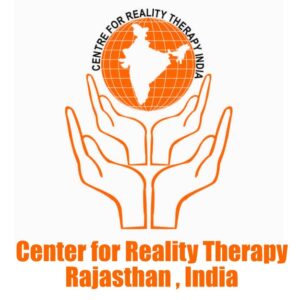To anyone who is reading this, hello!
I have had the privilege of educating and working with teens for the past six months in a school setting, and I felt compelled to explore the problems they face, which many of us find incredibly challenging to understand or don’t even bother looking into. Now, without further ado, let’s start. Adolescence is a tumultuous phase in life, accompanied by rapid physical, emotional, and psychological changes. Teenagers, as they transition from childhood to adulthood, face a number of challenges that can be both intimidating and rewarding. In this article, we will dig into some of the most common challenges that teenagers encounter and explore how parents, educators, and society can help them navigate these stormy waters.
One of the most significant challenges teenagers face is peer pressure. The desire to fit in and be accepted by their peers often leads them to make choices that they may later regret. Whether it’s experimenting with drugs, engaging in risky behaviors, or succumbing to social conformity, the pressure from friends can be intense. To address this challenge, open communication and fostering self-confidence are essential.
Another significant issue for teenagers as they embark upon this journey of self-discovery is forming an identity. This quest for self-identity can lead to confusion, insecurity, and even rebellion. It’s vital for teenagers to have the freedom and guidance to explore who they are and what they stand for, while parents and mentors must provide support and a safe environment. Teens are susceptible to mental health issues like anxiety, depression, and low self-esteem. The stigma surrounding mental health often prevents them from seeking help. Excessive screen time, cyberbullying, and the pressure to maintain an idealized online persona can also negatively impact their mental health. Creating an open dialogue about mental well-being, safe online behavior, and providing access to support services are crucial steps in addressing this challenge.
Bullying, whether in person or online, can have severe emotional and psychological consequences for teenagers. Schools and communities need to implement anti-bullying programs and create a safe environment where victims feel comfortable reporting incidents. Teenagers often experience conflict with their parents as they seek independence. Striking a balance between allowing them to assert their autonomy while maintaining a supportive family environment is a delicate challenge. Effective communication, setting boundaries, and showing understanding can help alleviate this tension. Experimentation with drugs and alcohol is a significant concern during adolescence. Preventing substance abuse involves education, parental involvement, and early intervention if necessary. Being aware of warning signs and having conversations about the dangers of substance abuse is essential.
Teenagers encounter numerous challenges as they navigate the complex journey from childhood to adulthood. It is imperative that parents, educators, and society in general acknowledge and address these issues. In a nutshell, helping teenagers overcome these obstacles requires open communication, emotional support, education, and a nurturing environment so they emerge as confident, well-adjusted adults. Working together, we can empower teenagers to embrace their potential and build a brighter future.



